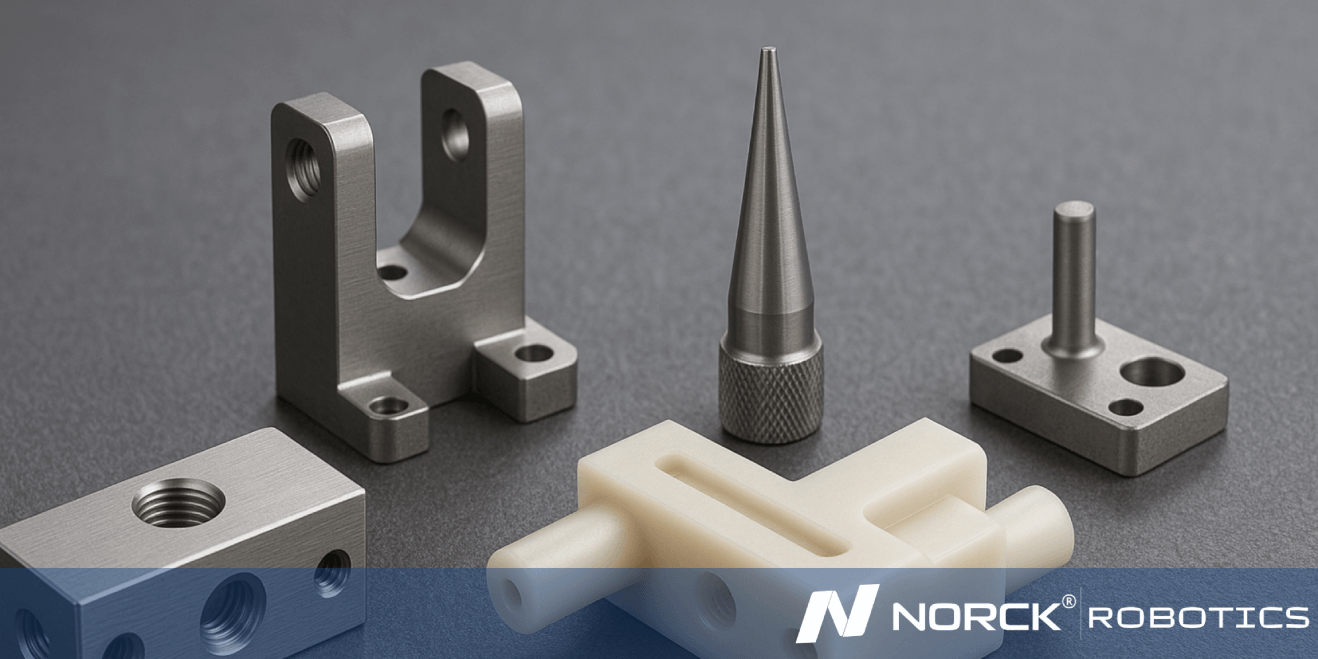

Detail: Extremely precise components manufactured using micro-CNC machining techniques. Can include custom manifolds for liquid handling, specialized alignment brackets for sensors or optics, precision nozzles, or components for miniature robotic mechanisms within lab instruments. Materials might include chemically resistant plastics (like PEEK or POM) or stainless steel.
Ready to automate your future? Get a quote from Norck Robotics now!
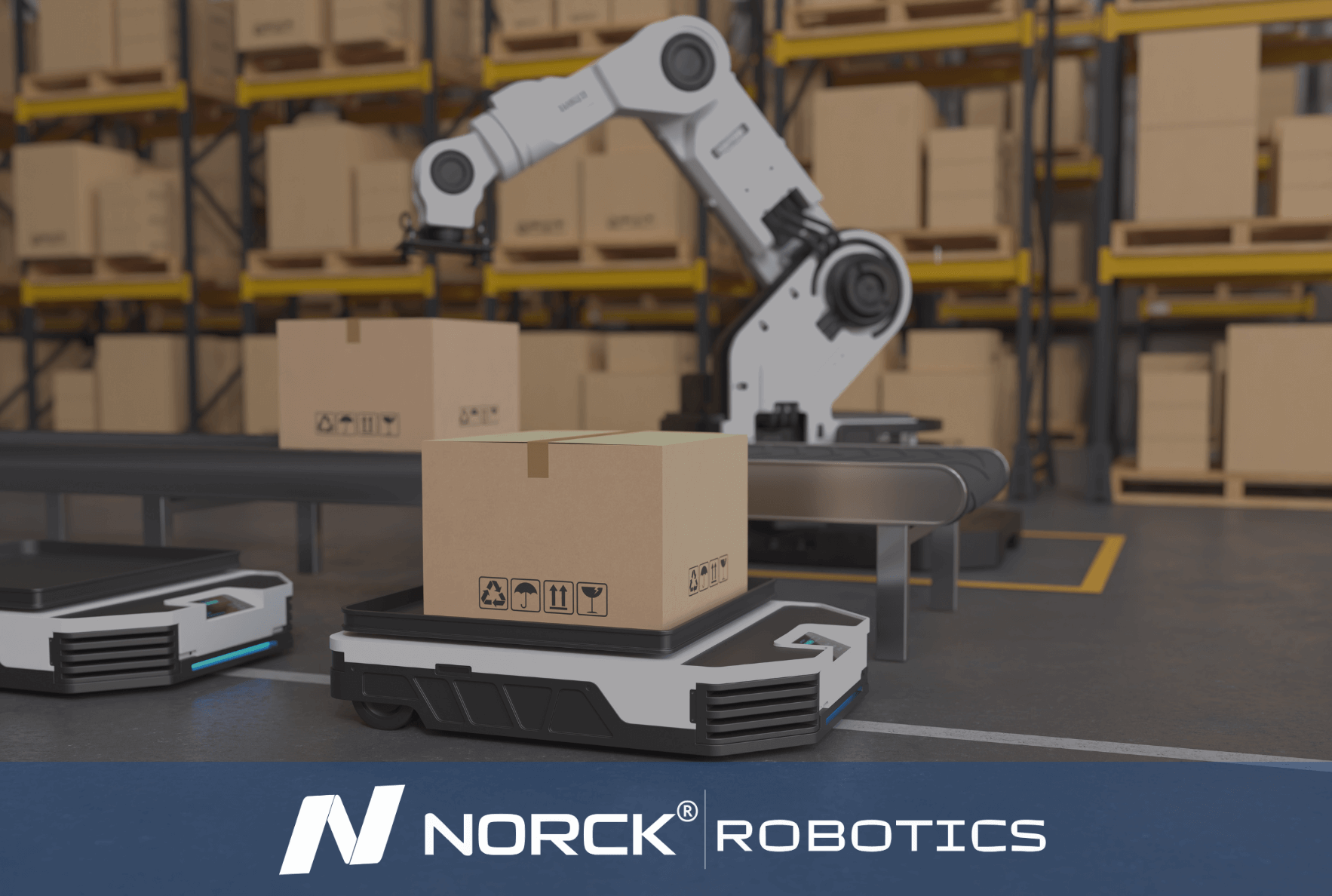
Norck Robotics specializes in providing unique robotic automation and engineering solutions designed to meet the specific operational needs of each client. Our expertise covers a wide range of industries and applications.
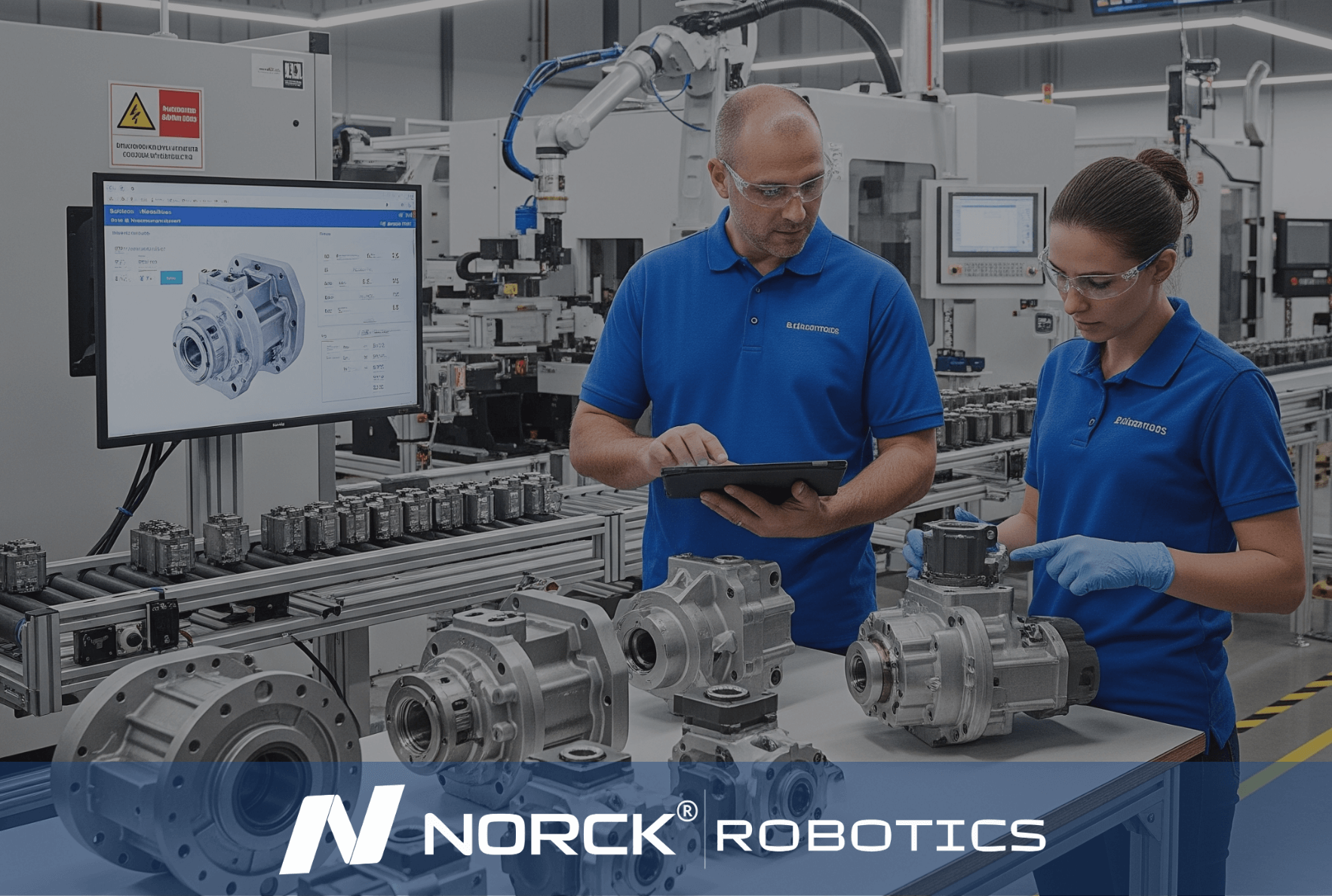
Norck Robotics delivers turnkey robotic automation and engineering solutions tailored to your specific needs across various industries.

Whether you need a single robotic cell prototype or full-scale factory automation, Norck Robotics engineers are ready to collaborate with you to bring your concept to life.

Norck Robotics engineers analyze your existing processes to provide feedback that enhances efficiency, cost-effectiveness, and productivity for robotic integration.
Custom hardware for lab automation requiring micro-CNC machining must include a large variety of detailed small components that are precision machined, cost appropriate, and material based. Typical parts would be:
Custom fluid manifolds - accurate liquid routing by automated pipetting or dispensing of reagents.
Custom brackets for alignment or to hold sensors, cameras, or optical components in a fixed position.
Custom nozzles for dosing, spray, or flow rates where the flow rate is critical, and where the channel dimensions might also be critical.
Robotic components that are miniature versions of robotic joints or arms that are part of a robot or housing in a small lab instrument.
These Micro CNC Machined Parts are often made from chemically resistant plastics such as PEEK or POM, or from stainless steel, where appropriate, for longer service life, chemical compatibility, and better mechanical stability in potentially hostile laboratory environments.
When working with parts that impact liquid handling or alignment used in lab automation, high precision is crucial, as even minor discrepancies can prevent reliable results, misalignment or allow liquids to leak. Here is why high precision is important:
Parts that have been precision machined into brackets or holders will allow for a sensor, lens, or pipette head to be placed exactly where it is supposed to be, so that reliable and repeatable measurements or operations can occur.
Since most fluid systems, or equipment that has flowing fluids like micro-machined nozzles or manifolds, need tolerances in order to keep flow rate, maintain proper separation of materials, or achieve proper seals.
Reducing method error variability is particularly apparent when high precision parts are used, regardless of circumstances and amount of throughput, where hundreds, or perhaps thousands of samples are being measured.
Most lab instruments are typically miniaturized, which can impose limitations on the parts and methods that function properly, justifying the utility of micro-CNC machining.
In conclusion, micro-CNC machining will produce parts with tolerances to produce stable, repeatable, and accurate lab automation.

In addition to its own expert engineering team, Norck Robotics provides access to a network of hundreds of top-tier system integrators, robot manufacturers, and component suppliers across the United States, Germany, and Europe.

Working with Norck Robotics reduces dependency on manual labor, increases production consistency, and secures your operations against unforeseen disruptions, quality issues, and fluctuations. This enhances your company's supply chain resilience.
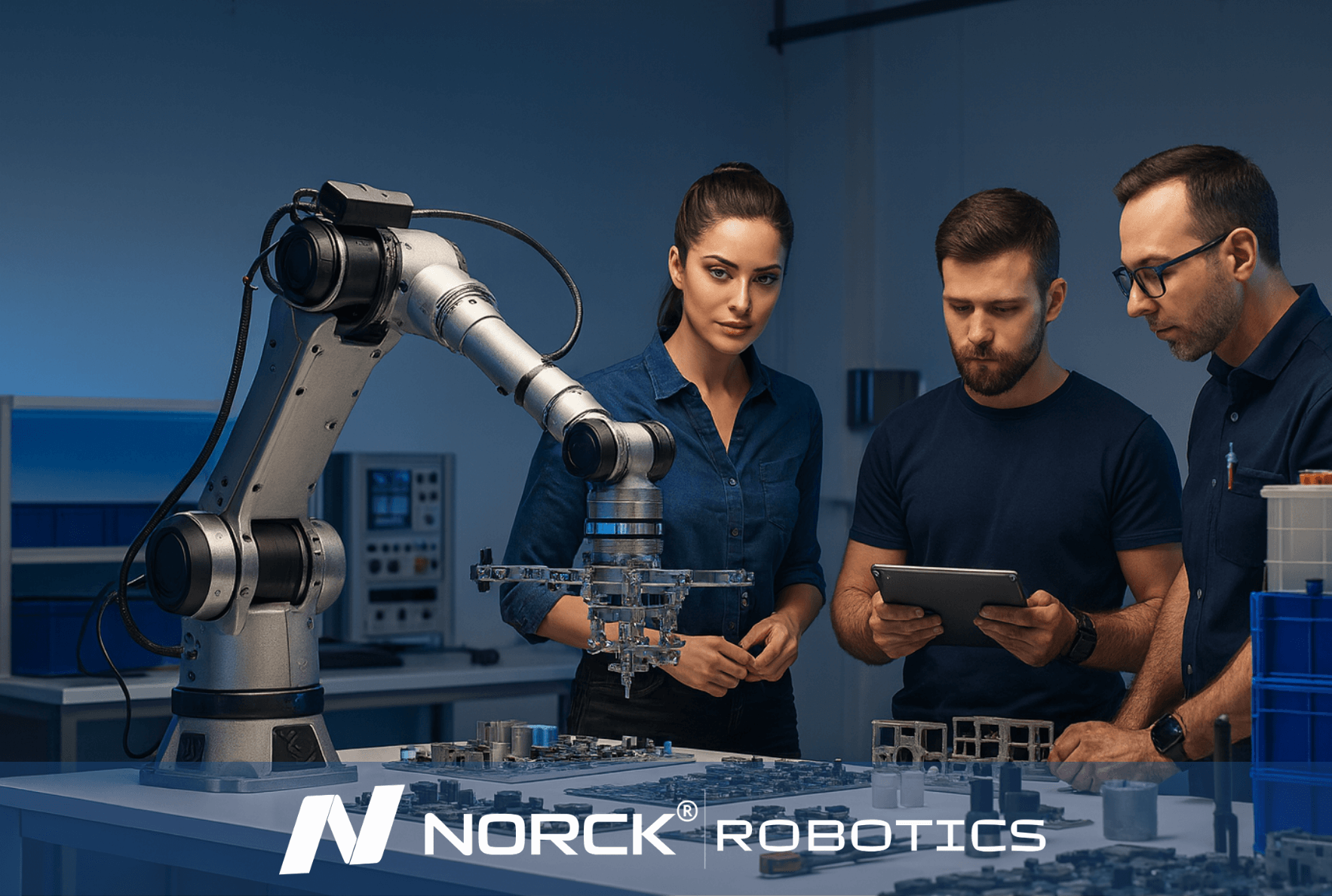
Norck Robotics advances digital automation by developing custom-designed robot grippers, advanced vision systems, and innovative simulation software. With an AI-driven, data-centric approach, it enables smarter system design, optimal performance, and predictive maintenance solutions.
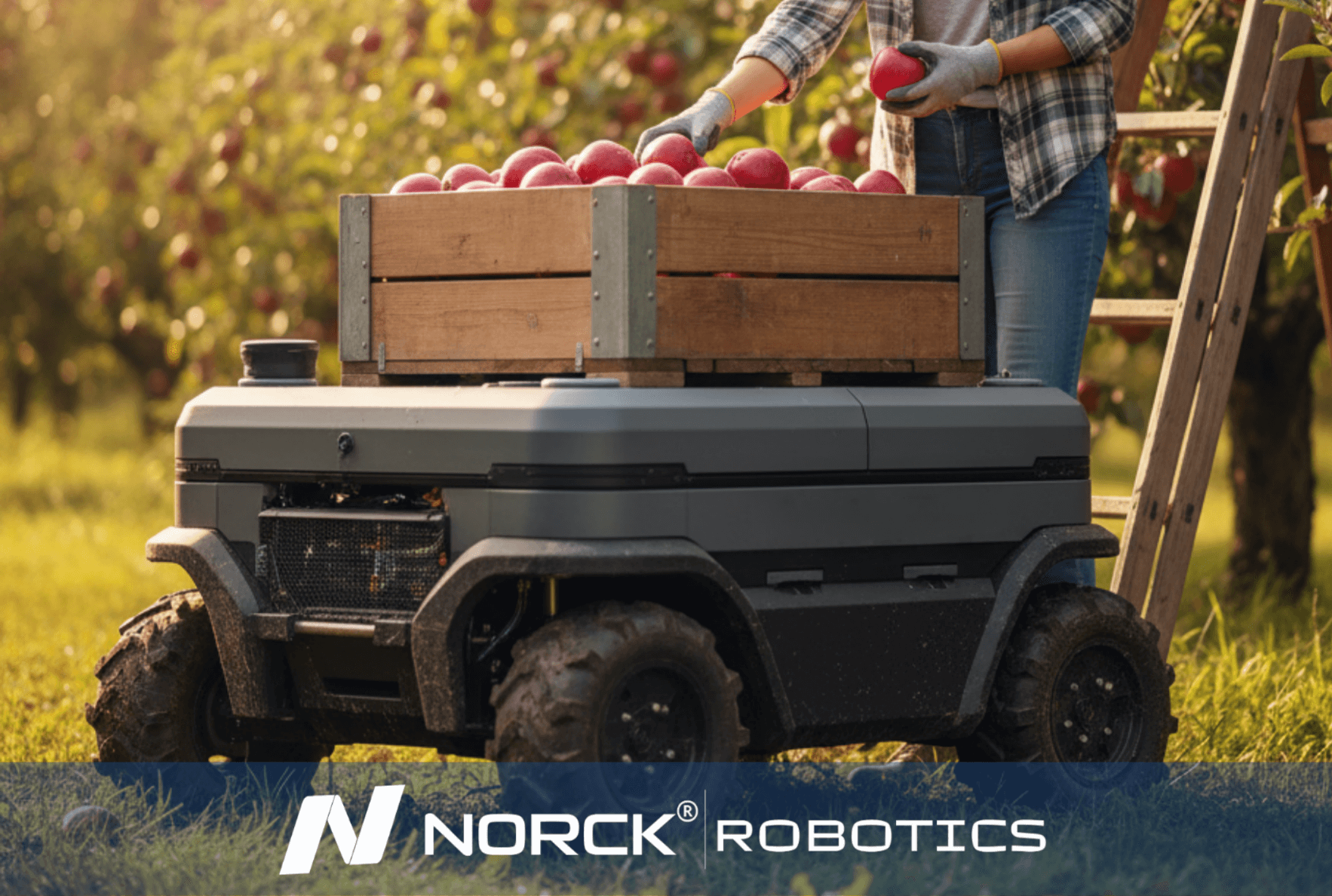
Norck Robotics encourages its partners to be carbon-neutral by reducing energy consumption and material waste through the efficiency of robotic automation, and prioritizes environmentally conscious suppliers.
Micro-machining allows for complex or miniature designs of lab equipment because of its ability to fabricate very small and highly detailed components, with very tight tolerances and complex geometries. This is an important advantage in laboratory automation where parts must do very specific things, and there are often three-space limitations with regards to maneuvering and arguably even more limitations involving available volume. Here are some factors to consider when using micro-machining or when micromachining supports a design:
Ultimately, micro-machining helps to achieve the balance of form factor and function of sophisticated lab systems.